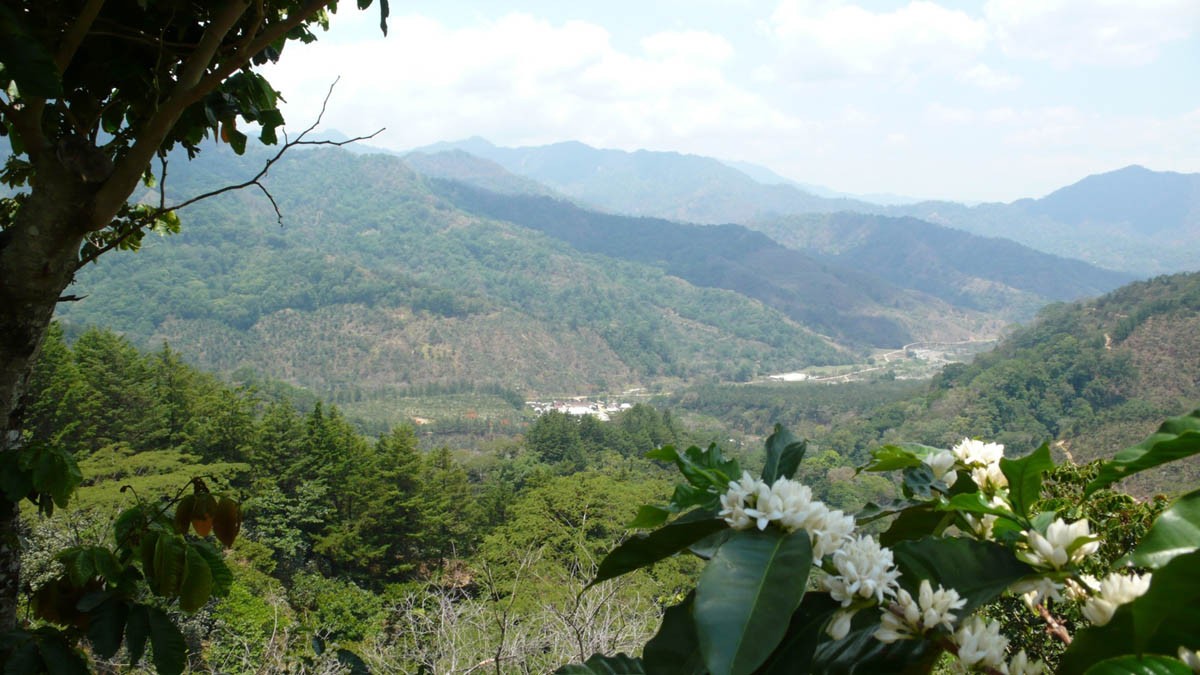بروكسل – قهوة ورلد
دخلت لائحة الاتحاد الأوروبي الجديدة الخاصة بالزراعة العضوية (اللائحة رقم 2018/848) حيّز التنفيذ الكامل في الأول من أكتوبر 2025، لتشكل نقطة تحوّل رئيسية في تجارة القهوة العضوية العالمية. فقد ألغت هذه اللائحة النظام السابق القائم على “المعادلة” بين معايير الاتحاد الأوروبي ومعايير الدول المصدّرة، وفرضت توحيدًا كاملًا للمعايير التي يجب أن يلتزم بها جميع المنتجين الراغبين في تصدير منتجاتهم إلى الأسواق الأوروبية كقهوة عضوية.
مشهد أكثر صرامة لسوق القهوة العضوية
يواجه قطاع القهوة حول العالم مرحلة جديدة من التحديات التنظيمية، إذ تأتي هذه اللائحة ضمن حزمة من التشريعات الأوروبية الأوسع، مثل لائحة مكافحة إزالة الغابات (EUDR) وتشريعات العناية الواجبة الإلزامية، والتي تهدف إلى تعزيز الشفافية والاستدامة والمسؤولية الاجتماعية في سلاسل الإمداد.
ورغم أن القهوة العضوية تمثل نسبة صغيرة من إجمالي الإنتاج العالمي المقدر بنحو 11 مليون طن متري سنويًا، فإنها تحتل مكانة متميزة في الأسواق المتخصصة والراقية التي يولي فيها المستهلكون أهمية كبيرة للتتبع والاستدامة والزراعة الخالية من الكيماويات. ومع ذلك، فإن آلاف المزارعين الصغار في أمريكا اللاتينية وإفريقيا وجنوب شرق آسيا – الذين تتوافق ممارساتهم التقليدية في كثير من الأحيان مع مبادئ الزراعة العضوية – يواجهون الآن تحديات جديدة نتيجة التشريعات الأوروبية المحدثة.
ففي السابق، كانت الدول غير الأعضاء في الاتحاد الأوروبي قادرة على تصدير منتجاتها العضوية وفق معاييرها الوطنية، طالما أنها تتماشى بشكل عام مع معايير الاتحاد. غير أن هذه المرونة انتهت مع دخول اللائحة الجديدة حيز التنفيذ. اعتبارًا من أكتوبر 2025، يجب على جميع صادرات القهوة العضوية إلى الاتحاد الأوروبي الامتثال الكامل لمعايير الزراعة العضوية الأوروبية، بما في ذلك متطلبات خصوبة التربة، وتناوب المحاصيل، ونظم الرقابة الداخلية، وهيكلة التعاونيات المنتجة.
أبرز التغييرات وتأثيراتها
1. نهاية نموذج “المعادلة” وبداية التوحيد الكامل
لم تعد الدول المصدّرة قادرة على استخدام معاييرها الوطنية، إذ أصبحت ملزمة بالامتثال الكامل لمعايير الاتحاد الأوروبي. تشمل المتطلبات الجديدة قواعد صارمة لتناوب المحاصيل، ومنع استخدام المدخلات الصناعية، وضرورة أن تكون جميع وحدات المزرعة معتمدة عضويًا.
التأثير: يشكل هذا التحول تحديًا خاصًا لصغار المزارعين الذين يعتمدون على الزراعة المختلطة أو النظم الزراعية الحرجية، إذ قد تضطرهم التغييرات إلى تعديل ممارساتهم أو خسارة إمكانية الوصول إلى السوق الأوروبية العضوية.
2. تشديد نظام الشهادات الجماعية
بات يُسمح فقط للتعاونيات أو الجمعيات الزراعية المعترف بها قانونيًا بحمل شهادات العضوية. ولم يعد من الممكن للشركات الخاصة الاحتفاظ بالشهادات نيابة عن المزارعين. كما فُرض حد أقصى لعدد المزارعين في المجموعة الواحدة لا يتجاوز 2000 مزارع، مع حظر المجموعات المختلطة التي تضم أعضاء عضويين وغير عضويين في الوقت نفسه.
أما المزارع التي تتجاوز مساحتها 5 هكتارات أو مبيعاتها 25,000 يورو سنويًا، فعليها الخضوع لتدقيق فردي إلزامي.
التأثير: ارتفعت التكاليف الإدارية ومتطلبات الامتثال بشكل كبير، ما يهدد بضغط إضافي على التعاونيات الصغيرة التي قد تجد صعوبة في إعادة هيكلة نفسها بما يتناسب مع القوانين الجديدة.
3. فترة انتقال إلزامية مدتها ثلاث سنوات
تُلزم اللائحة جميع المزارع بالخضوع لفترة انتقال لا تقل عن ثلاث سنوات قبل الحصول على شهادة عضوية، حتى لو كانت تتبع ممارسات مستدامة سابقًا.
التأثير: يرفع هذا الشرط من تكلفة الدخول إلى سوق القهوة العضوية ويبطئ العائد على الاستثمار، كما يحد من قدرة المناطق الجديدة على دخول هذا القطاع.
4. تشديد الرقابة الأوروبية على عمليات التدقيق والاختبار
ابتداءً من يناير 2025، لا يُسمح إلا للهيئات المعترف بها رسميًا من الاتحاد الأوروبي بإصدار شهادات القهوة العضوية المخصصة للسوق الأوروبية. كما أصبحت اختبارات العينات أكثر دقة وتكرارًا باستخدام تقنيات مخبرية متقدمة للكشف عن أي بقايا كيميائية.
التأثير: رغم أن هذه الإجراءات تعزز مصداقية الشهادات، فإنها تسبب تأخيرات في الشحنات وتكاليف إضافية، مما يزيد من صعوبة الامتثال بالنسبة للمزارعين الصغار الذين يعملون بهوامش ربح محدودة.
5. ارتفاع التكاليف وتغيّر ديناميكيات السوق
تؤدي هذه المتطلبات مجتمعة إلى زيادة كبيرة في تكاليف الإنتاج والشهادات، مما يهدد بتقليص المعروض من القهوة العضوية المعتمدة ورفع أسعارها في السوق الأوروبية. بعض المصدّرين بدأوا بالفعل في البحث عن أسواق بديلة أقل تشددًا من الناحية التنظيمية.
التأثير: تواجه محامص القهوة الأوروبية نقصًا في المعروض وارتفاعًا في الأسعار، فيما يسعى المنتجون إلى موازنة متطلبات الامتثال مع الجدوى الاقتصادية.
تأثيرات مباشرة على محامص القهوة
تفرض اللائحة الجديدة على المحامص الأوروبية إعادة تقييم نماذج التوريد واستراتيجيات العلامة التجارية:
-
فلسفة العلامة التجارية: هل يجب الحفاظ على شعار الاتحاد الأوروبي العضوي أم التركيز على ممارسات الزراعة المستدامة عمومًا حتى لو لم تكن معتمدة رسميًا؟
-
استمرارية التوريد: بعض مناطق المنشأ قد تفقد شهاداتها، ما يستدعي تنويع مصادر القهوة لتجنب انقطاع الإمداد.
-
التحقق من الموردين: أصبحت الشراكات الوثيقة مع التعاونيات والمصدرين المعتمدين ضرورية لضمان الامتثال واستقرار الإمدادات.
كيف تساعد شركة EFICO شركاءها
تقدم شركة EFICO البلجيكية، المتخصصة في تجارة القهوة الخضراء، حلولًا لدعم المحامص والتعاونيات في التكيف مع البيئة التنظيمية الجديدة. وتشمل عروضها:
-
قهوة عضوية معتمدة بالكامل وفقًا للائحة (EU) 2018/848.
-
قهوة “عضوية بطبيعتها” تُزرع بممارسات مستدامة وخالية من المواد الكيميائية.
-
قهوة تقليدية عالية الجودة ومن مصادر موثوقة.
محفظة EFICO من القهوة العضوية المعتمدة:
-
روبوستا: الهند
-
أرابيكا: أمريكا الوسطى (بيرو، هندوراس، المكسيك، نيكاراغوا) وإثيوبيا
وتواصل الشركة دعم شركائها من خلال الإرشاد الفني وخدمات الامتثال، بما يضمن استقرار سلاسل التوريد والحفاظ على جودة القهوة واستدامة إنتاجها.
